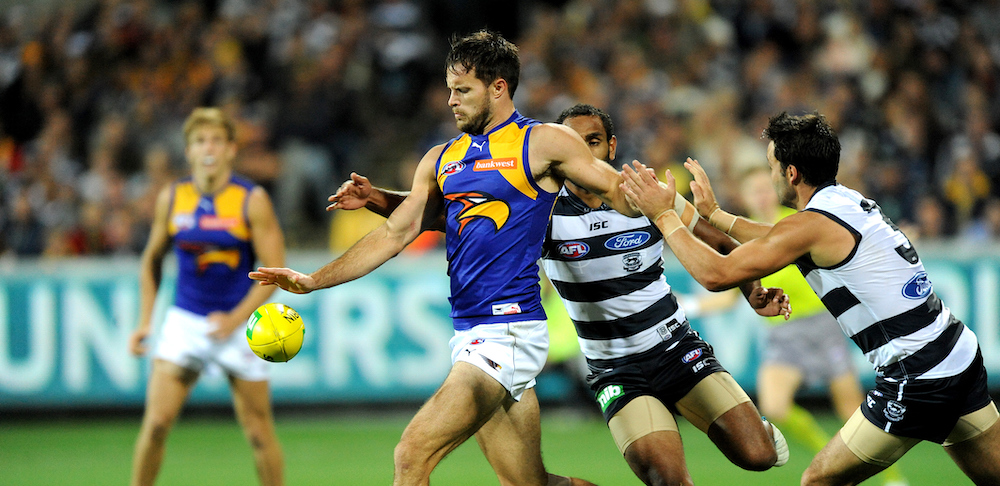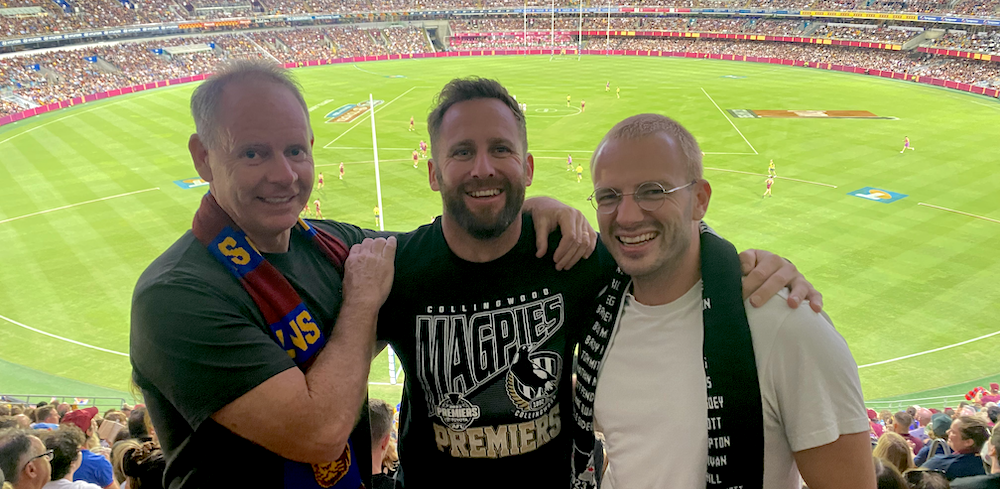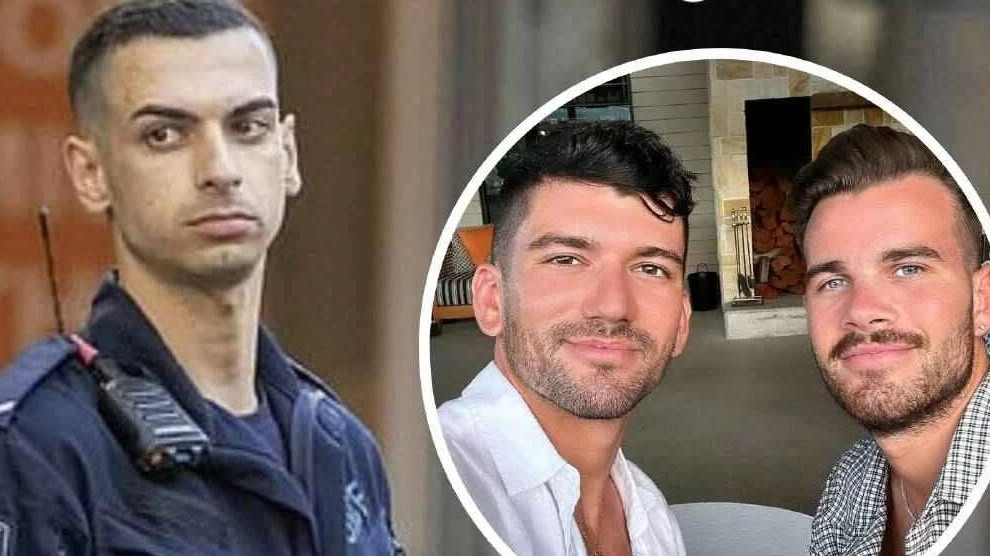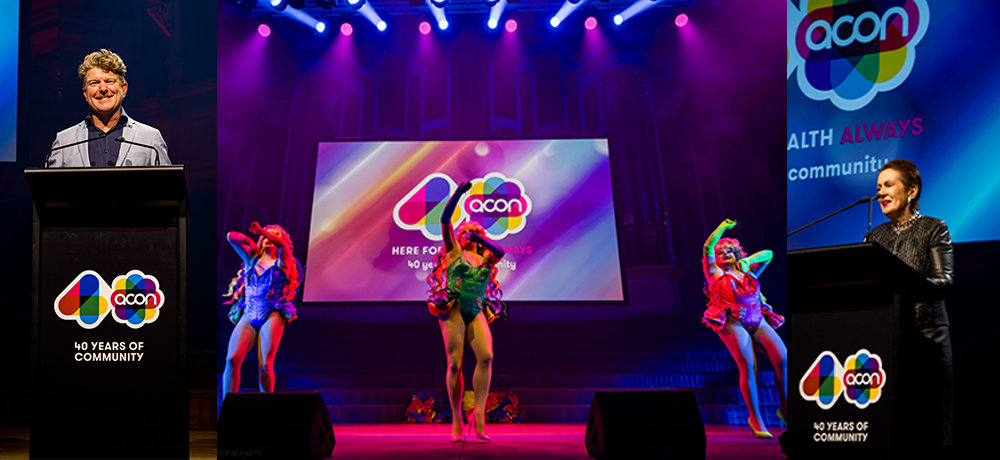
Queer refugee women an invisible minority in Australia, experts say
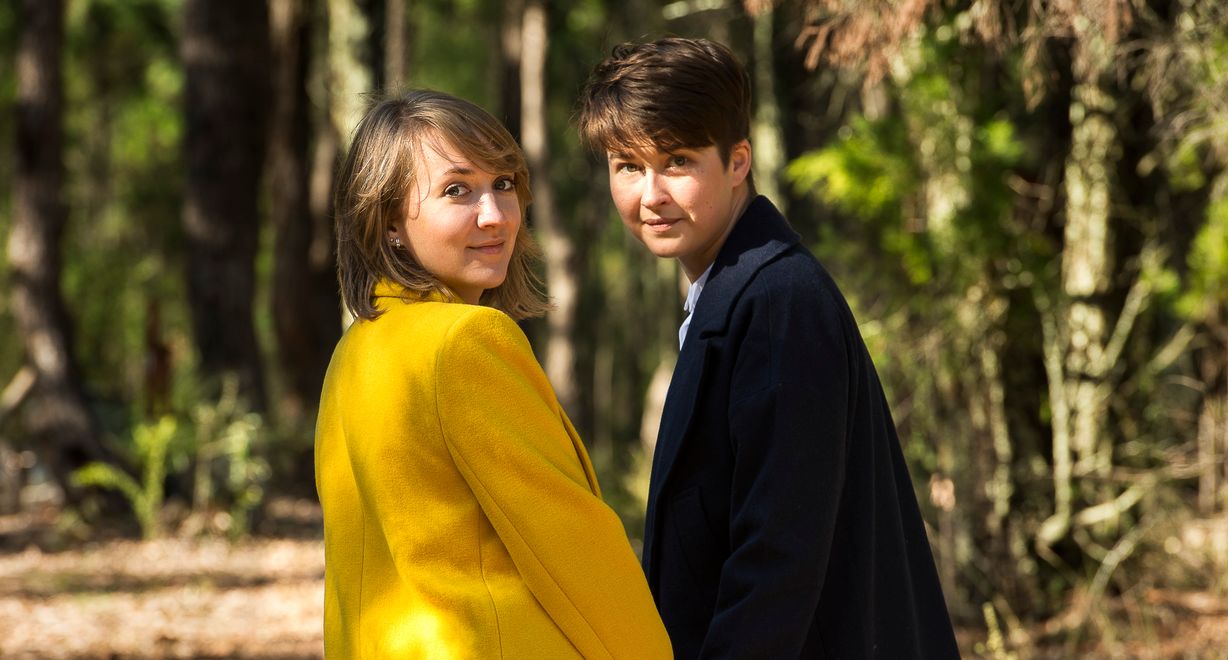
Queer refugee women are often left out of the conversation around those seeking asylum in Australia, but one same-sex couple is fighting to change that. Matthew Wade reports.
***
When partners Tina and Renee Dixson first sought refuge in Australia, they felt invisible.
There were no services tailored for queer refugee women and the public narrative around those seeking asylum negated the existence of queer people entirely.
Refugees were seen as homogenous, and no credence was given to the idea that they all had diverse lived experiences.
“Often the discussion [around asylum seekers] is gender blind, or, when queer people are mentioned, the focus is on gay men,” Tina says.
“We wanted to connect with people who understood us and had had similar experiences, but it was hard.
“There is never one single story, everyone is different.”
Recently, queer groups have begun to mobilise and march in Australia for the estimated 30 – 40 gay and bisexual men on Manus Island.
Under the Papua New Guinea criminal code, gay sex is illegal on Manus and punishable by up to 14 years in jail.
Members of the community have taken to the streets in solidarity with gay refugees on the island, demanding that the policy of offshore detention ceases immediately and that the detention centres close.
But when it comes to the visibility and support of queer refugee women, this same advocacy is often absent.
Tina says this is what motivated both her and Renee to create the Queer Sisterhood Project.
She had been conducting PhD research into the experiences of queer refugee women and as part of the final stage, went along to a three-day retreat where diverse women shared their stories with each other.
“It was interesting, because everyone was from different countries and continents, but the way their experiences had made them feel was so similar,” she says.
“And having someone that really understands you is massive, because you don’t have to censor your language and you feel like you belong to a community.
“The women [at the retreat] said they wanted to continue to have a space like that, which was the biggest affirmation for me.”
The Queer Sisterhood Project was then born, a peer run and peer support group for queer refugee women.
With the support of Twenty10—who provide spaces for the group to meet up—Tina and Renee host regular gatherings for queer refugee woman, vital spaces that allow those in attendance to feel a sense of community and acceptance.
Renee believes peer support groups make a world of difference.
“You can always feel the difference between peer support groups and groups which are led by organisations,” she says.
“You feel the power imbalance [in the latter], and you can tell the group has been created by people without that lived experience.
“A lot of queer refugee women are isolated and lonely; they can’t go to ethnic communities and be free, they can’t go to refugee communities, and they can’t go to LGBTI communities because they have survivor’s guilt.
“The Queer Sisterhood Project is trying to address those gaps.”
The couple are currently developing a resource on what it means to be a queer refugee woman, with hopes that it will educate service providers, universities, and lawyers, and inform their practices.
A second resource is also in the works specifically targeting queer refugee women, as a way to support them and connect them to other women on their journey.
Tina says many feel they have an undue entitlement to a refugee’s story.
“Most people with no lived experience think they’re entitled to ask what happened to you, and for details, even though for many that story is traumatic,” she says.
“People need to be sensitive and understand that a queer refugee’s story doesn’t end when they enter Australia, because homophobia and transphobia exist here too.
“There will never be a world where every LGBTI woman is treated with equality, and there will still be people coming here to safety, so we need spaces like the Queer Sisterhood Project for women so they know they’re not alone.”
Tina and Renee will be appearing at the Australian GLBTIQ Multicultural Council’s (AGMC) upcoming Living and Loving in Diversity Conference, which runs from September 21 – 23 in Melbourne. For more information visit: conference.agmc.org.au
For more information about the Queer Sisterhood Project visit: tinadixson.com.au/queer-sisterhood-project




